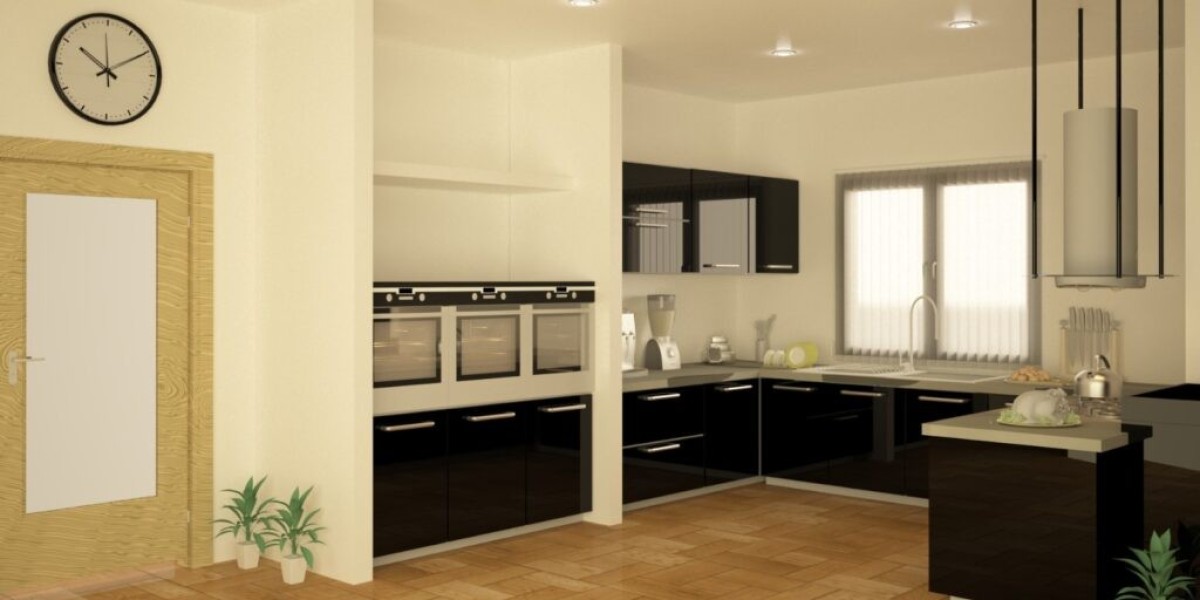 African Greys For Adoption
African Greys For AdoptionAfrican greys are intelligent social birds that require daily interactions and a commitment to their well-being. Choosing to adopt instead of buying is a way to ensure the birds have the place they deserve.
These intelligent parrots are known for their ability to talk and can master a huge vocabulary. For their physical and mental well-being having a large cage, toys and enrichment is vital.
Intelligence
Charming African Grey Parrot For Sale grey parrots make for one of the smartest pets. The research of Irene Pepperberg and of others has proven that African Greys can learn and speak a wide variety of words, unlike other bird species. This Old World species is popular due to its intelligence.
These intelligent creatures can do basic subtraction and addition as well as recognize colors and shapes as well as objects. They have been known to ask for specific items like long yellow or corn, showing that they can associate words with things. In fact African Greys have also been compared to the cognitive capabilities of dolphins and chimps as well as human toddlers.
This level of intelligence is what makes the African Grey parrot one of the most sought-after pet species. However it also means these birds can have complex emotional needs, and aren't the best choice for those who don't have the time to devote to them. These birds are flock-oriented, and may have behavioral issues like excessive screeching and feather plucking if they do not receive enough stimulation in their minds or interact with others.
African Greys are extremely intelligent and need to be able to communicate with humans. The owners should provide toys and chewable objects to keep the birds amused. These toys should be free of sharp objects, hooks, and dangerous metals that could hurt the birds if consumed. They also love playing with puzzles and games and regular interaction with them will stop them from becoming bored or developing behavior problems.
These intelligent animals may be emotionally sensitive and bond with a single person, which can cause them to choose this particular person over all others. This can result in the issue of "one-person possession," where the bird starts to exhibit negative behavior towards strangers and family members. This can lead to an uneasy rehoming process for the bird or even euthanasia if not addressed.
Affection
The African Grey Parrot is known as one of the most intelligent birds in the entire world. The species can master more than 1,000 words, and a wide range of sentences and phrases. They can also mimic sounds and detect human emotions. African Greys have a tendency to form a strong bond with one person and can be extremely in tune with their handlers. These sociable creatures are often very talkative and love to play.
The one-on-one relationship may cause them to be aggressive towards other people or animals. This can be problematic when you have spouses or children. Additionally the birds are susceptible to becoming bored and will get angry if they aren't given enough stimulation and interaction. The best way to avoid this is to provide your Grey with plenty of toys, puzzles, and other activities that will keep him or her engaged.
If you're considering adopting a parrot, make sure you consult a reputable parrot agency to find one that will fit with your lifestyle. These organizations' volunteers and staff can tell you more about the bird, its personality health, background and personality. They can give you advice and tips about how to take care of parrots.
Apart from a large cage and a variety of toys, African Greys need an eating plan that is high in nutrients and protein. They also need a variety of fruits and vegetables to stay healthy and active. Do not feed your Grey an diet that is heavy in seeds as these can lead to picking and a deficient nutritional diet. Select a high-quality pellet or crumble diet.
African Greys require regular veterinary visits just like every other pet. These semi-annual checkups can help ensure that your Grey is healthy and content. During these checkups the vet will conduct a physical examination, trim nails, and conduct lab tests when necessary. The vet can also offer and recommend the best diet for Grey. The veterinarian will also be able to identify and address any behavior problems your Grey might have.
Socialization
African greys are intelligent birds, with the ability to communicate, and even mimic human speech. They can be social with one another and can become highly strung. They might also have unpalatable vocalizations that are difficult to get rid of. Adopting a young bird is the best option, as it is less likely they will suffer from these issues. Even young birds require daily interaction with their owners.
This is one of the main reasons African greys aren't the best pets for all. They aren't as fun and don't cuddle as Cockatoos and Macaws. They do not have the same freedom or choices as other parrots, and must spend lots of time in their cage every day to exercise and play.
In the wild, African grays are preyed on by large cats as well as snakes. Humans also hunt them for the commercial pet trade and destroy their habitats. Many of these beautiful birds end up being captured and transported far away from their habitats. Then, they face challenges in housing, health and socialization.
Many of these beautiful birds are now found in rescue centers and need new homes. If you are considering the possibility of adopting a Grey for adoption it is essential to determine the length of time it has been in its current home. This will help you understand its history and its emotional state. You can also search online forums and training classes for African Greys.
Giving branches and toys to chew on is an excellent way to keep an African grey amused. Make sure the branches are not toxic, and do not have sharp edges or hooks. You can buy toys specifically made for African greys, or purchase larger chew toys for other larger birds. These items are usually an ongoing expense, and should be replaced as they age or are removed.
A reputable breeder can help you choose a healthy and happy African grey to adopt. You'll also be able to get a good idea of the costs involved in having this gorgeous bird. Consider boarding if you must leave your bird for a long time. Also, pet insurance is recommended for bird owners.
Training
African Greys are intelligent, playful and extremely adaptable. However their intelligence means they are prone to becoming bored and require a variety of toys and stimulation. They are also prone to chewing and require sturdy chew toys that are free of toxic metals, hooks and sharp objects. Freshly cut branches made from nontoxic, pesticide-free trees is also a great way to keep your bird happy and mentally stimulated.
The cost of caring for an African Grey can be very expensive, but there are ways to reduce the amount you pay. Adopting an adult parrot that has been rehomed from the previous owner is a good option. This is a cheaper alternative to purchasing an African Grey from a pet store or breeder.
It is also possible to find a healthy young African Grey for adoption at a shelter. The birds are placed in shelters when their original owners move away, suffer a death in the household or become too busy to take care of them or take care of them. It is important to keep in mind that these birds don't find shelters due to their health.
The majority of shelters have an inventory of all the things that a pet need to be healthy and happy. This includes a large cage and a variety of toys. Some of these items might require a monthly cost for example, the cost to replace them. Another cost could be food. While a parrot is able to live on a simple vegetable, seed and nut diet, they'll require additional nutrients to stay healthy. It is essential to buy quality parrot food such as Harrisons or Pretty Bird.
Lastly, there are also costs involved in maintaining the cage and the accessories. A large, sturdy cage is essential for an African Grey. It is also essential to have a variety of toys to keep the African Grey amused and to encourage natural foraging. The majority of these toys are inexpensive because they are designed for larger parrots. To further cut down on costs, consider purchasing chewable toys made of recycled materials.








